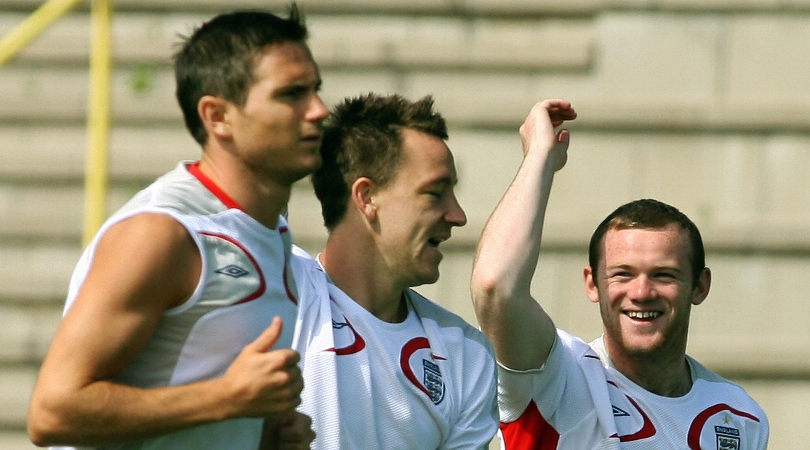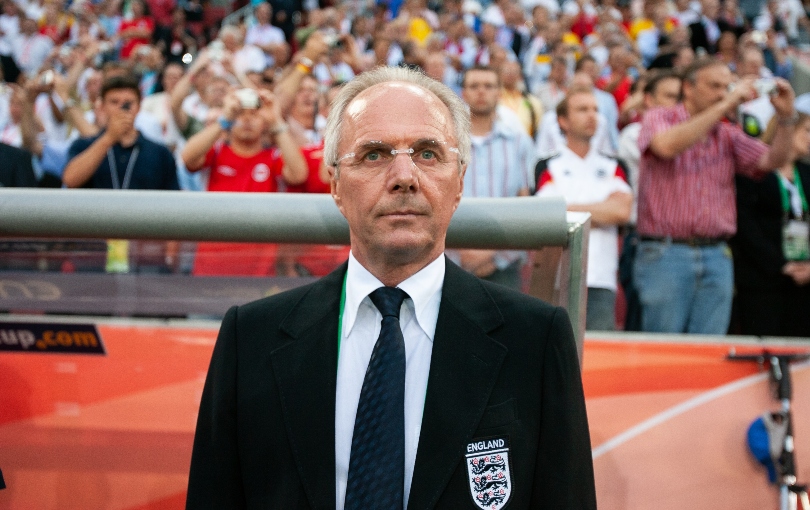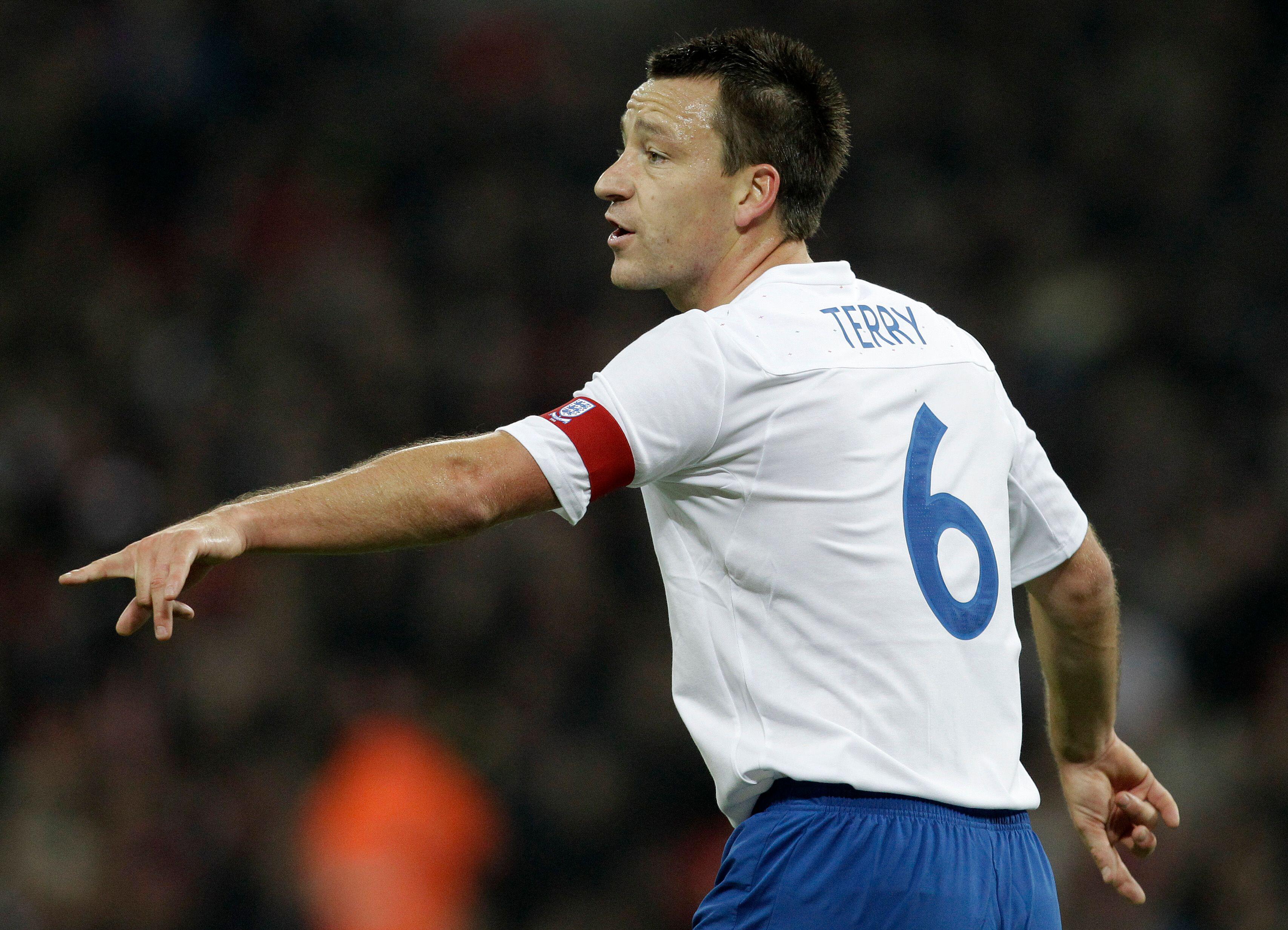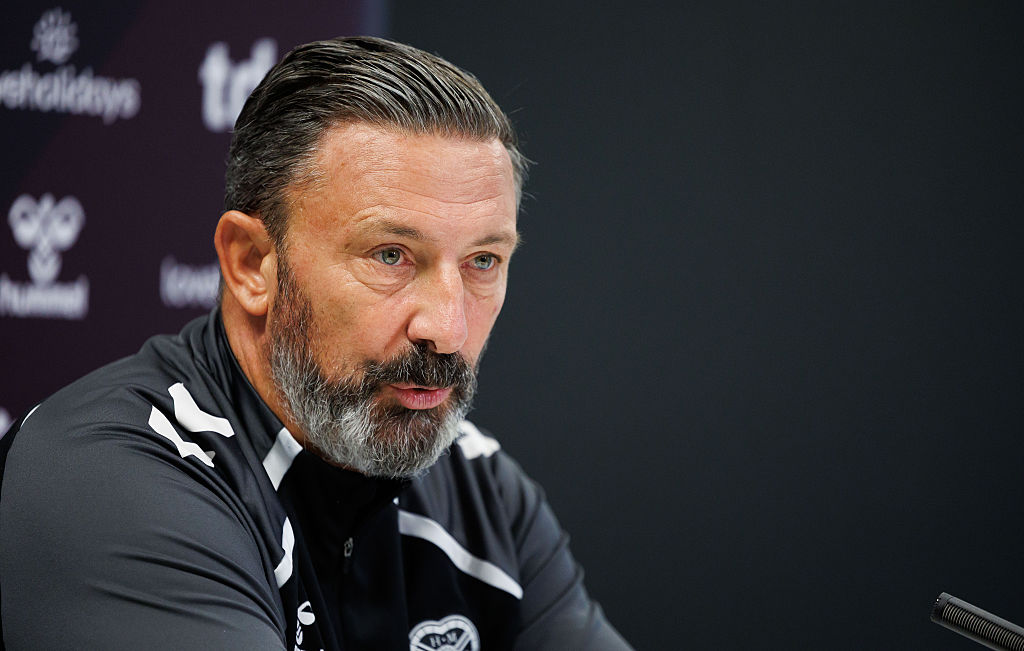‘We used to play computer games and stuff with the Man United boys. Yes, there was a massive rivalry between clubs, but I’m not sure that got in the way’ John Terry addresses England’s ‘Golden Generation’ cliques criticism
The mid-2000s ‘Golden Generation’ never made it past the quarter-final mark at a major tournament

The best features, fun and footballing quizzes, straight to your inbox every week.
You are now subscribed
Your newsletter sign-up was successful
Want to add more newsletters?

Five times a week
FourFourTwo Daily
Fantastic football content straight to your inbox! From the latest transfer news, quizzes, videos, features and interviews with the biggest names in the game, plus lots more.

Once a week
...And it’s LIVE!
Sign up to our FREE live football newsletter, tracking all of the biggest games available to watch on the device of your choice. Never miss a kick-off!
Join the club
Get full access to premium articles, exclusive features and a growing list of member rewards.
England’s failure to get past the quarter-finals of a major tournament during the 2000s remains one of recent history’s biggest head-scratchers.
Sven-Goran Eriksson was able to call upon a host of world-class stars during his tenure as England boss, but in the 2002 and 2006 World Cups, plus the European Championship in 2004, his side hit a last-eight-shaped brick wall each time.
Chelsea skipper John Terry was part of this so-called ‘Golden Generation’, breaking into the Three Lions side in 2003 and becoming a regular under Eriksson before being named captain after David Beckham relinquished the armband after the 2006 World Cup in Germany.
John Terry reflects on England’s ‘Golden Generation’

One of the most common takes on why England’s group of elite players could never gel was that club tribalism got in the way, with the likes of Manchester United, Arsenal and Chelsea all embroiled in bitter Premier League rivalries.
“I personally didn’t feel that there were cliques,” Terry tells FourFourTwo. “I can’t speak for others. Players did tend to sit with their club-mates at dinner times, but that’s natural - those are your closest mates. We used to play computer games and stuff with the Man United boys.

“Yes, there was a massive rivalry between clubs, but I’m not sure that got in the way. I think the main reason for our lack of success was that other teams were very good at the time, possibly stronger than now.
“But there’s no doubt we didn’t fulfil our potential as a group. We had world-class players.”
The best features, fun and footballing quizzes, straight to your inbox every week.
Terry was handed the captain’s armband by Steve McClaren in August 2006 and would initially retain it under Fabio Capello before being stripped of England’s captaincy following allegations regarding his private life in 2010.
That was after the centre-back had led his country out 34 times and Terry remains proud of what he was able to achieve.

“It was a dream to lead England out at Wembley for the first time - it still gives me goosebumps. The armband on, the team behind you, the national anthem at a packed stadium… I was very proud.
“Steve had been around the England setup for a long time, so he’d seen I had those leadership qualities and saw how I handled myself in that role at Chelsea. I loved being England captain.”
For more than a decade, Joe Mewis has worked in football journalism as a reporter and editor. Mewis has had stints at Mirror Football and LeedsLive among others and worked at FourFourTwo throughout Euro 2024, reporting on the tournament. In addition to his journalist work, Mewis is also the author of four football history books that include times on Leeds United and the England national team. Now working as a digital marketing coordinator at Harrogate Town, too, Mewis counts some of his best career moments as being in the iconic Spygate press conference under Marcelo Bielsa and seeing his beloved Leeds lift the Championship trophy during lockdown.
- Ed McCambridgeStaff Writer
You must confirm your public display name before commenting
Please logout and then login again, you will then be prompted to enter your display name.
 Join The Club
Join The Club






